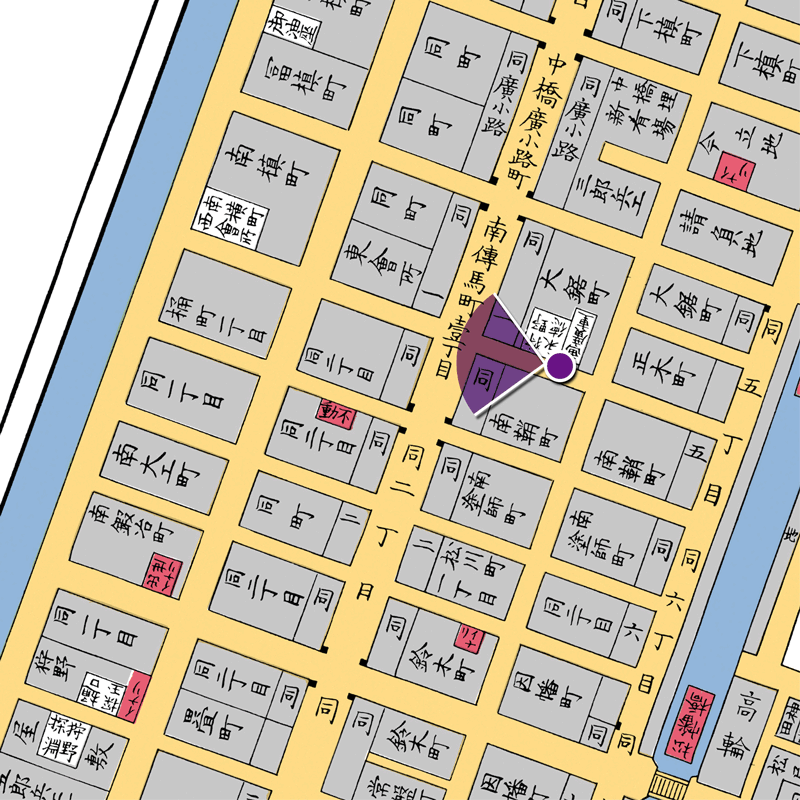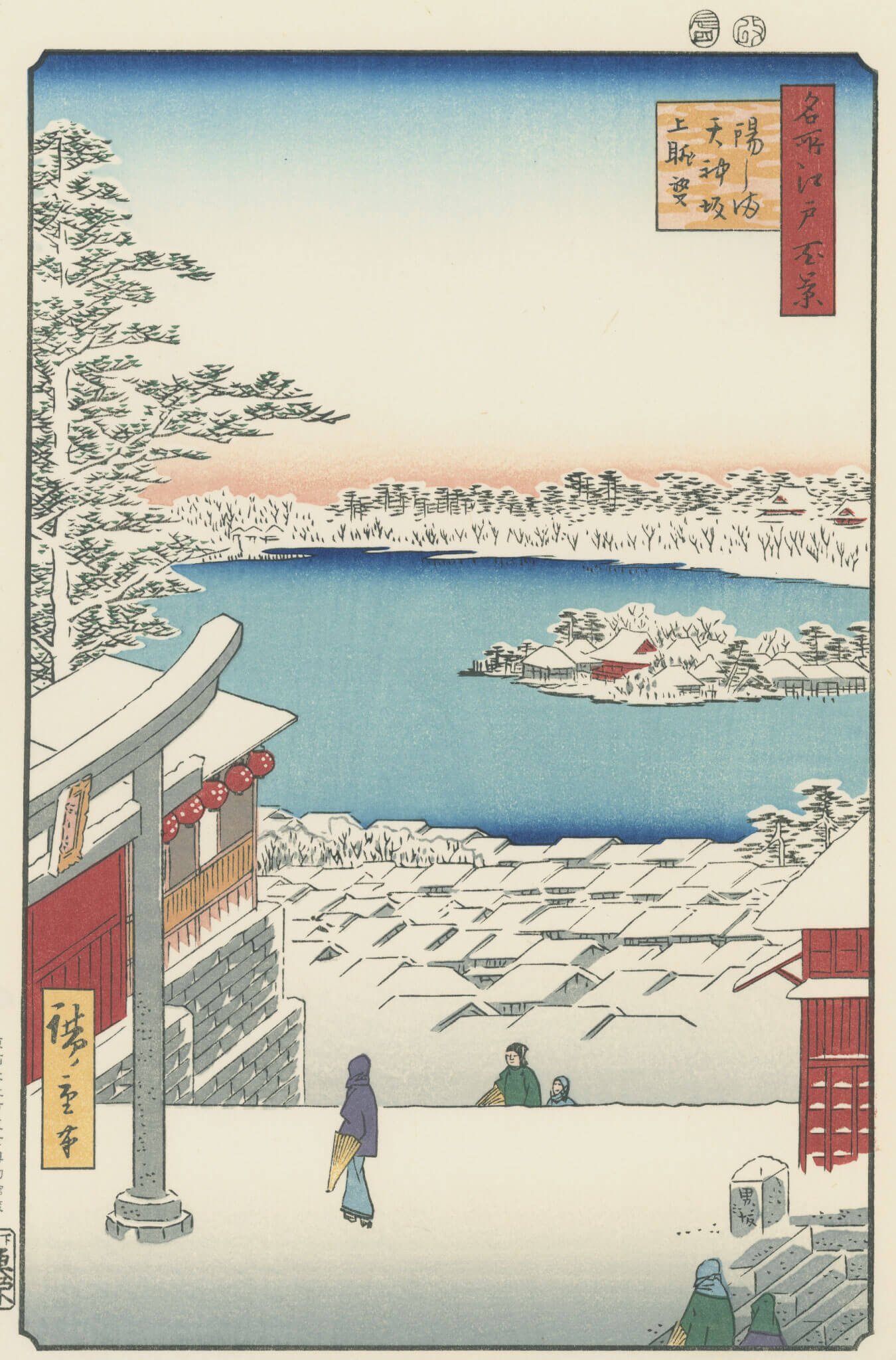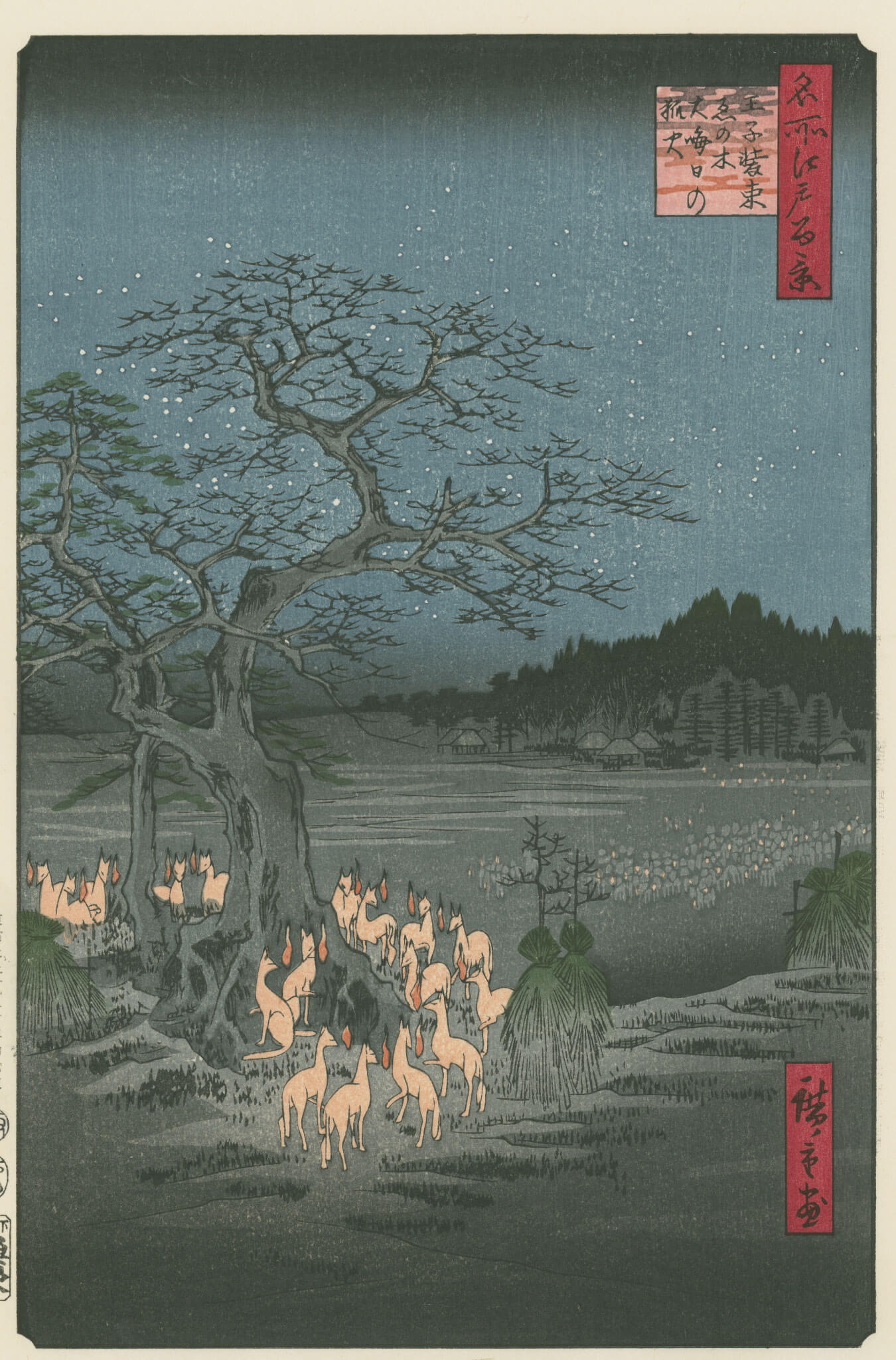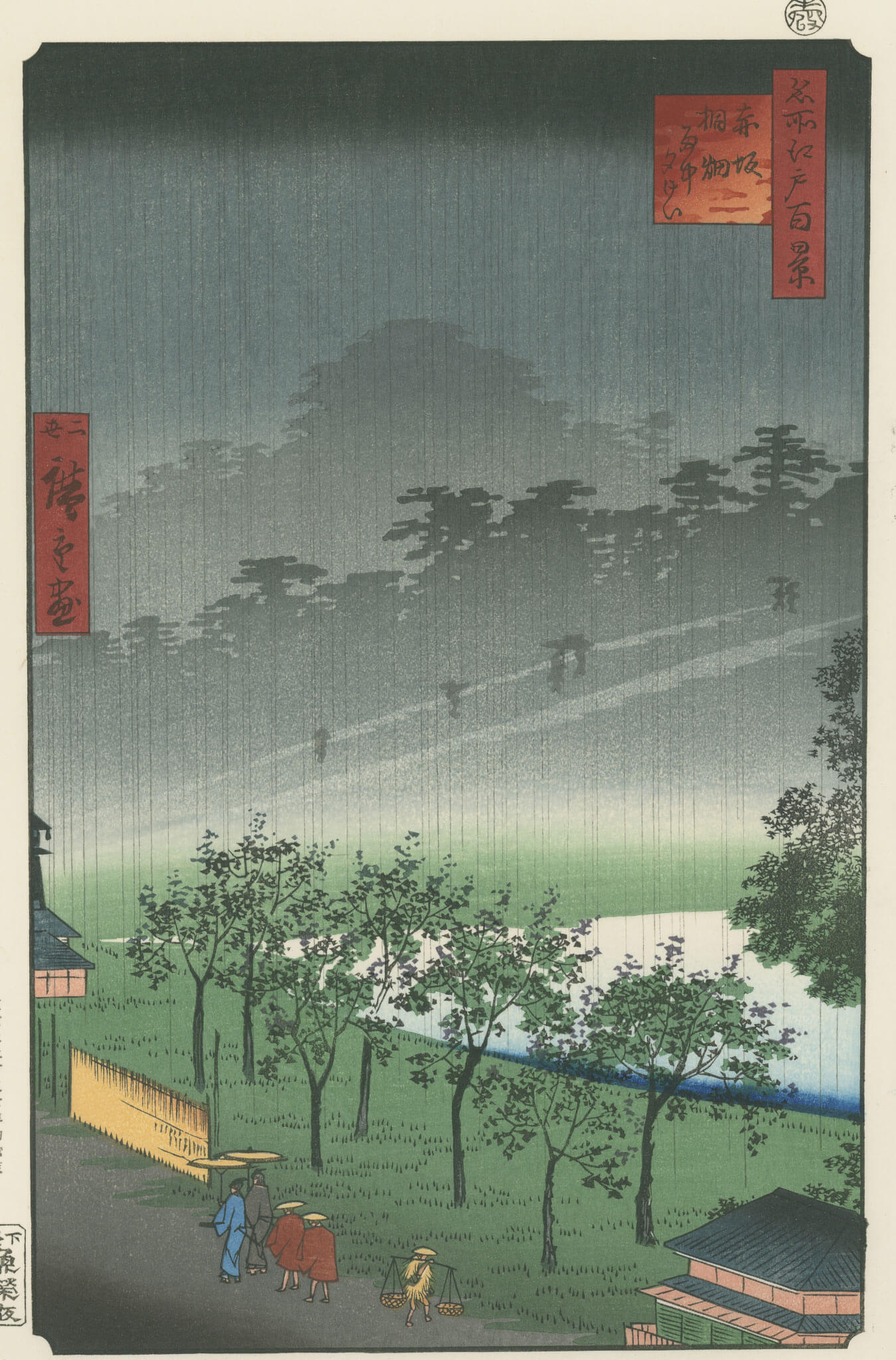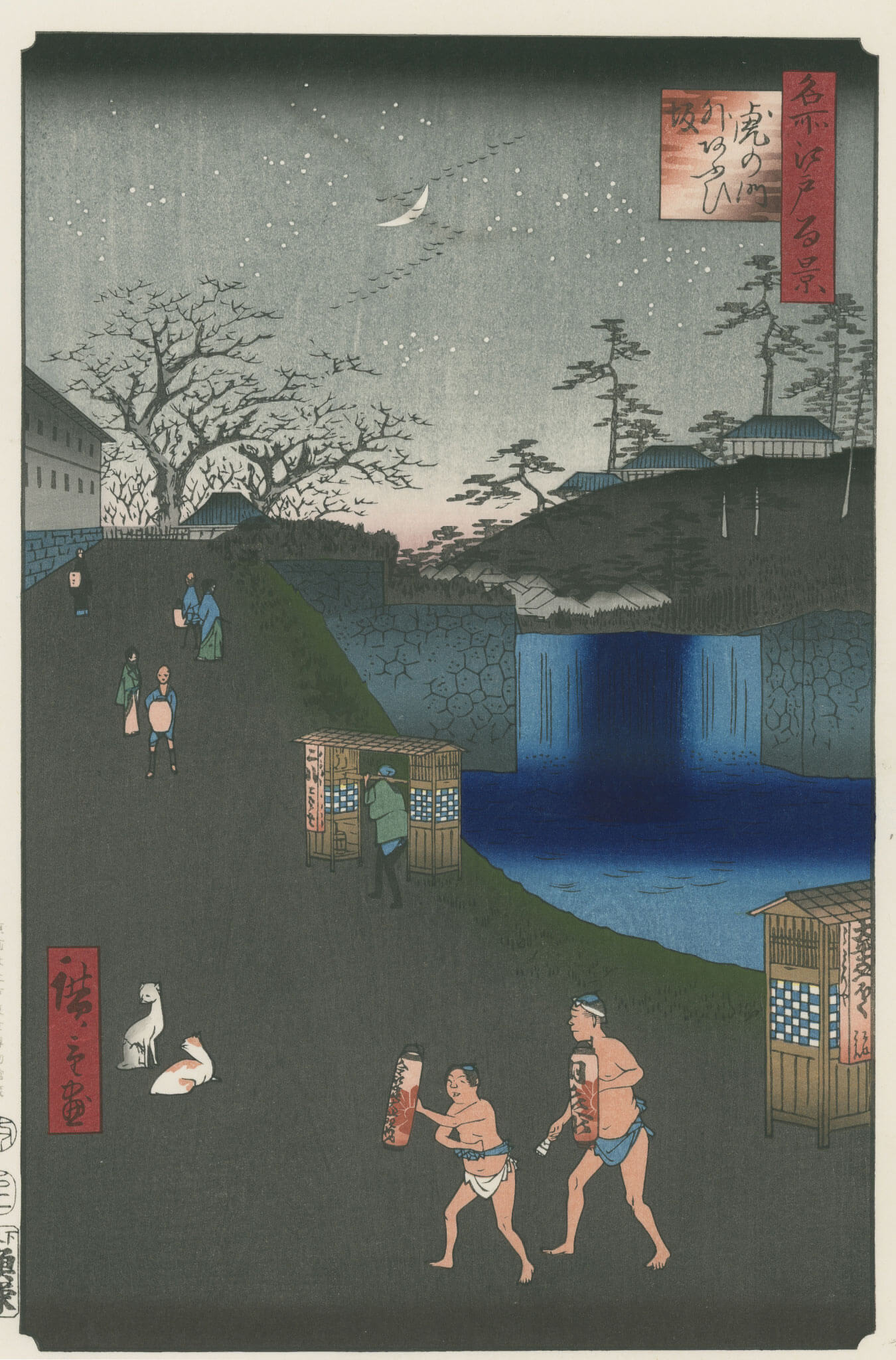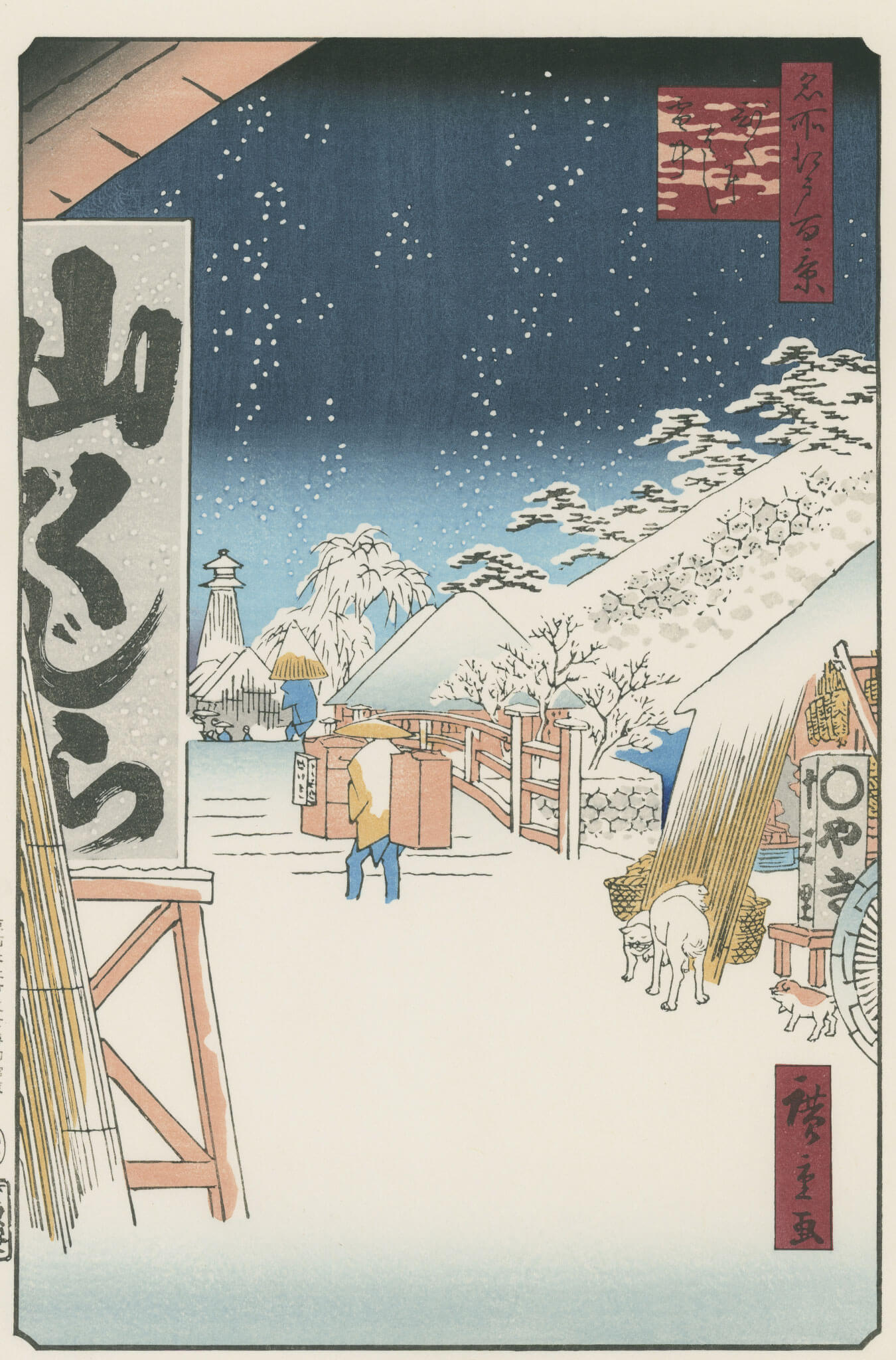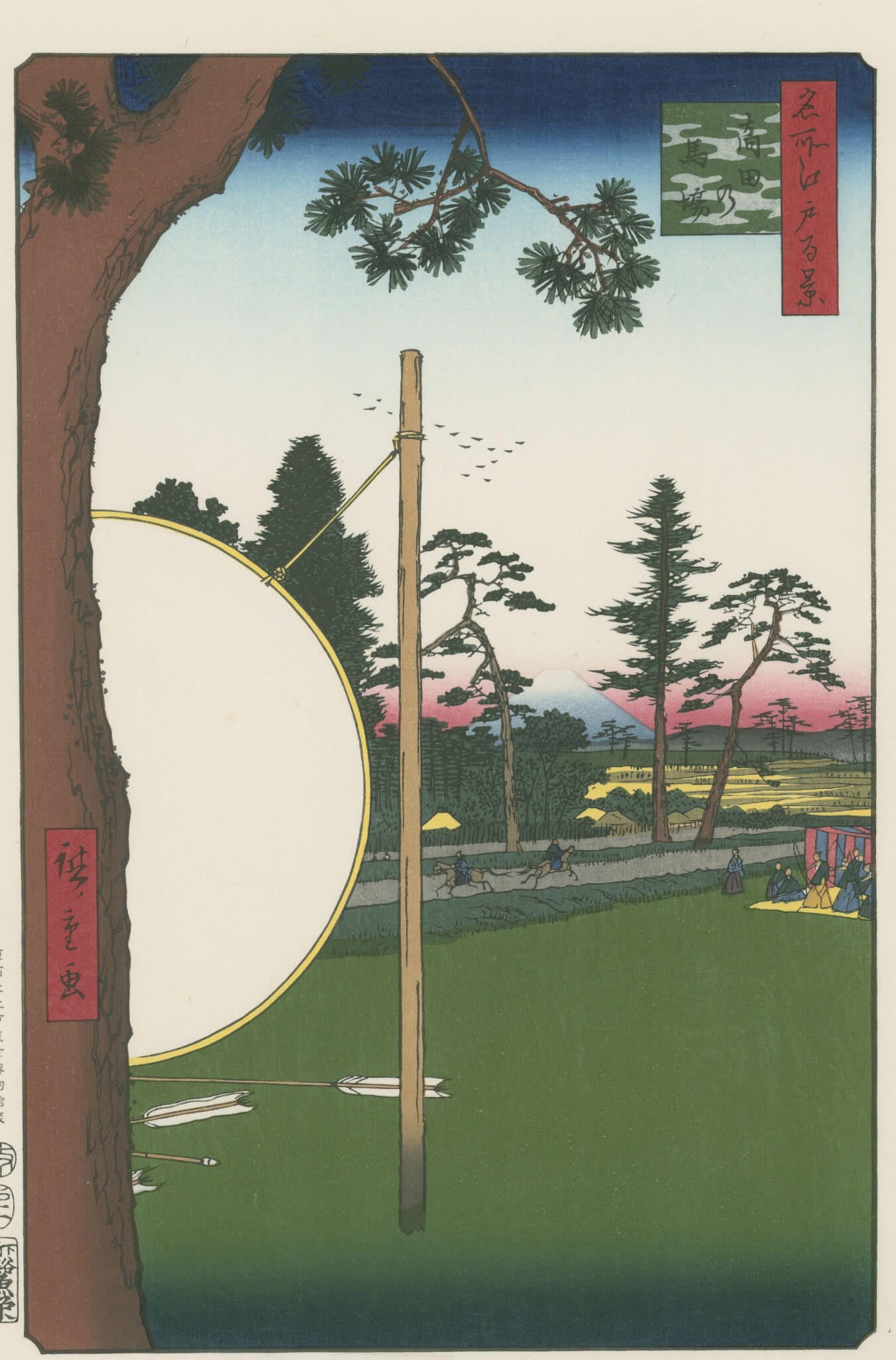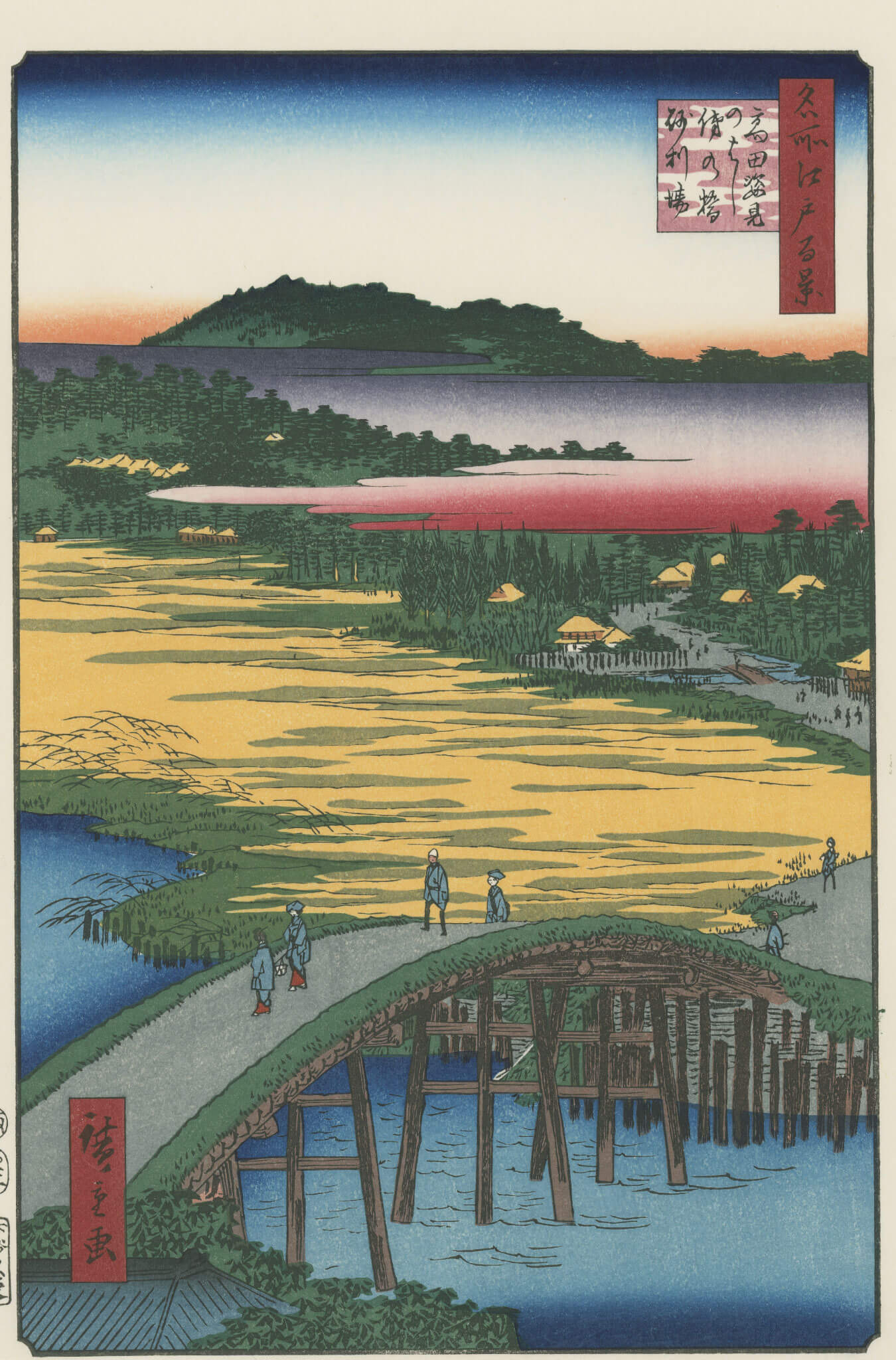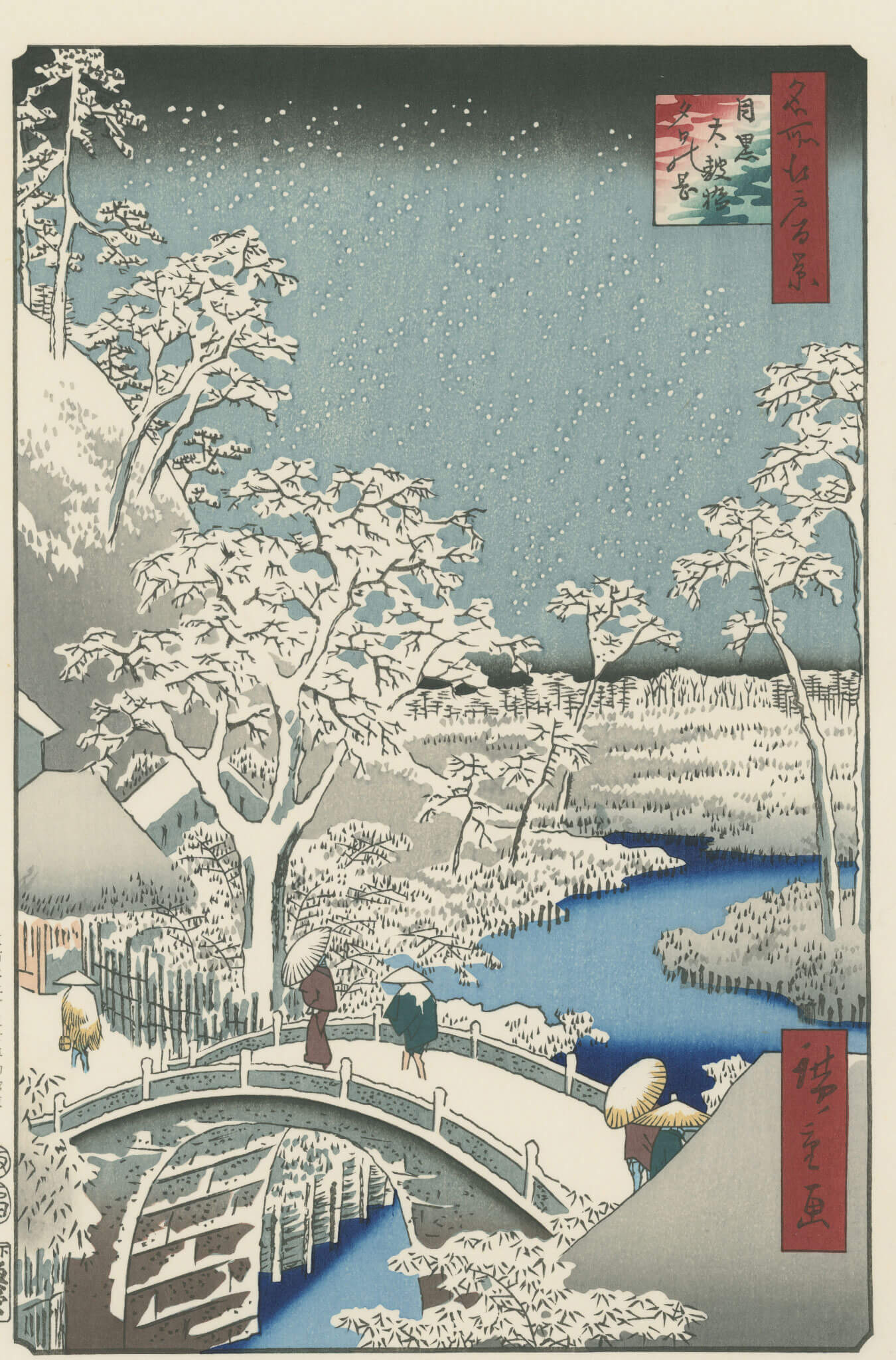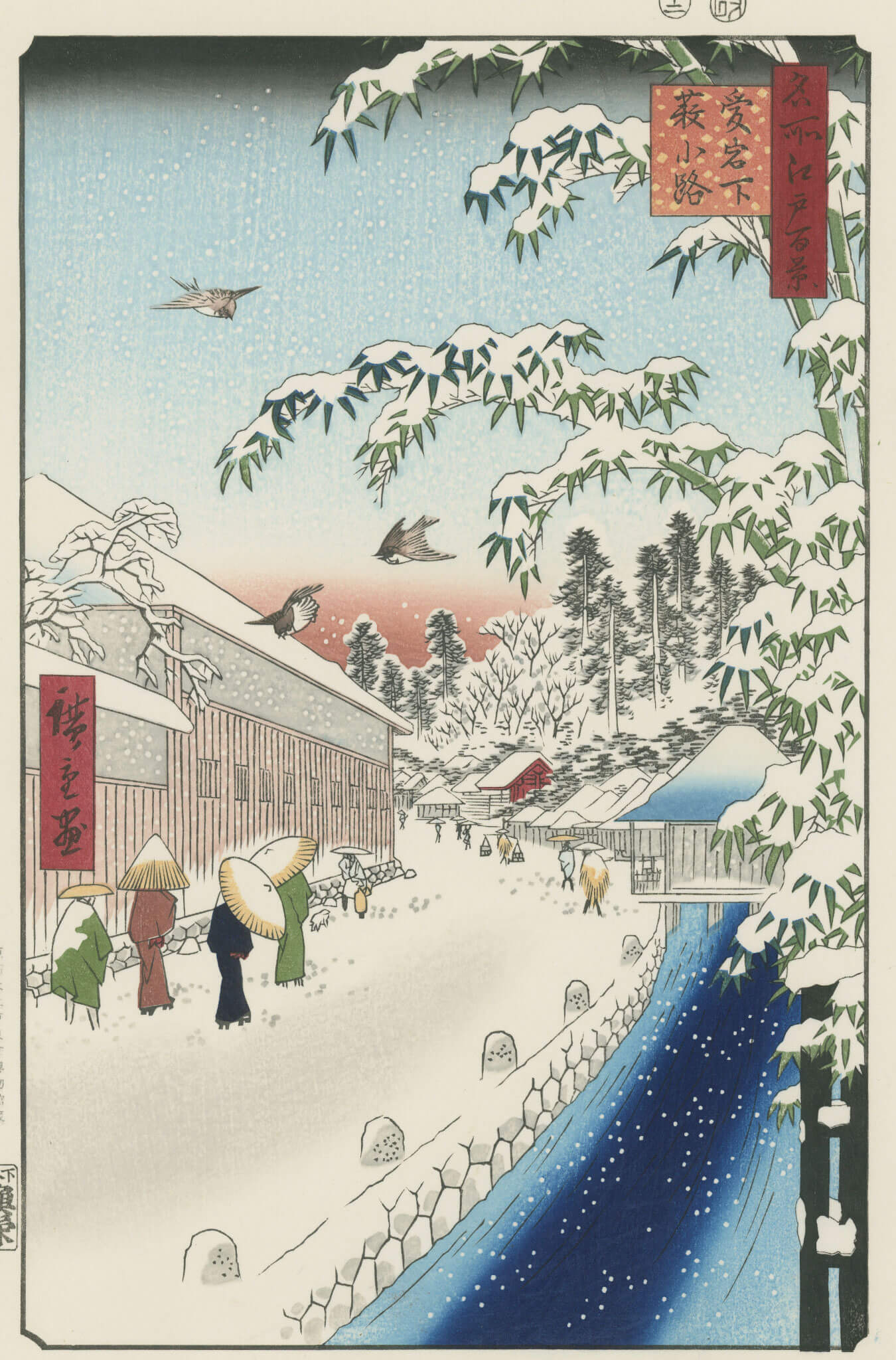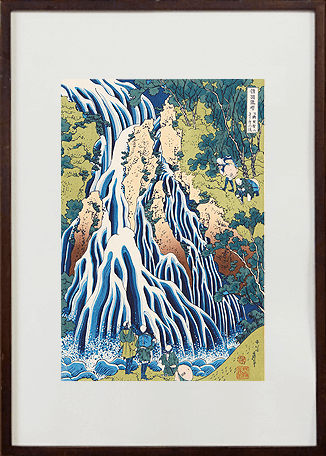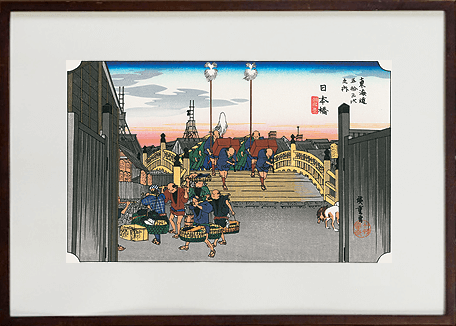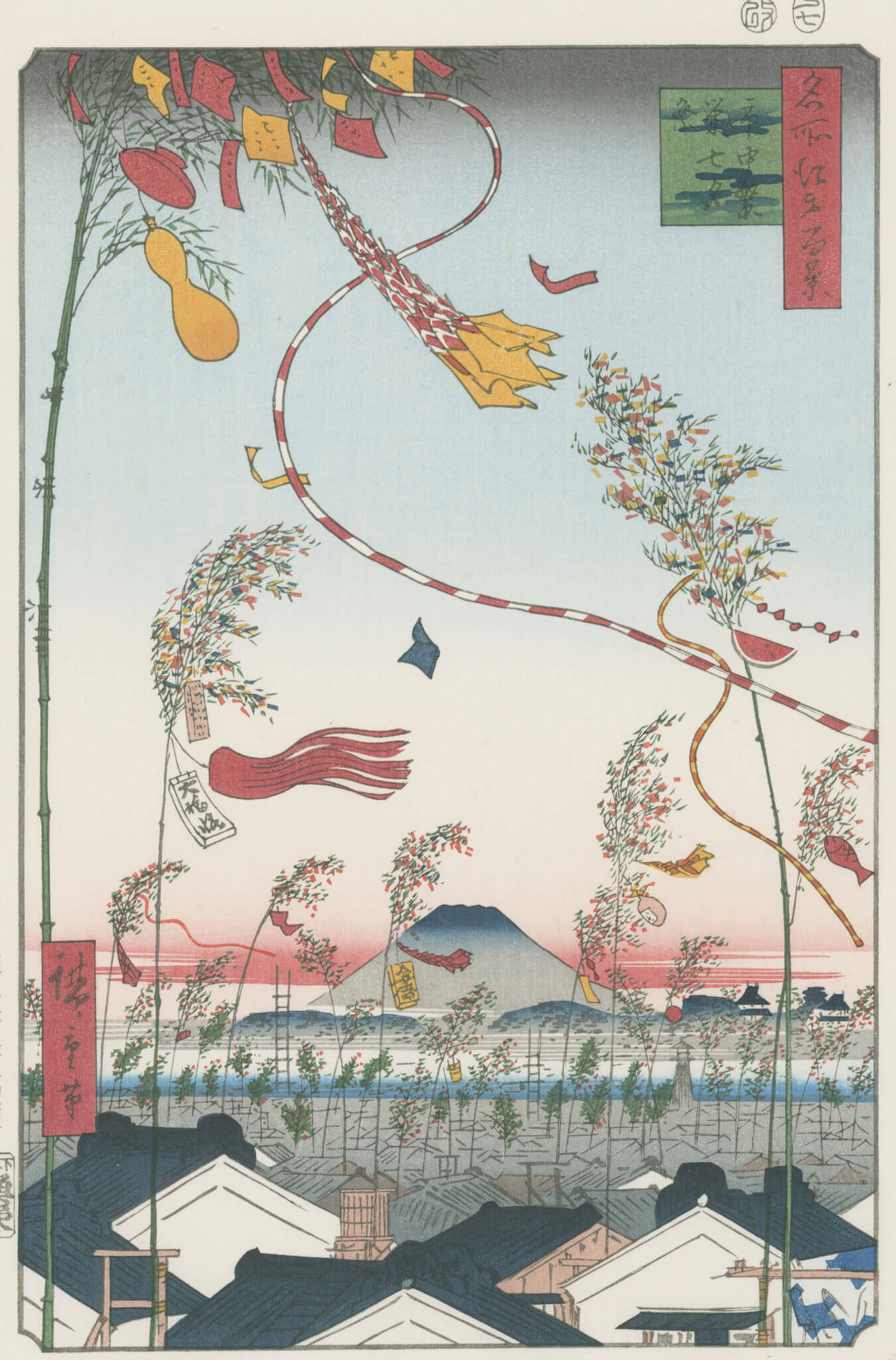
One Hundred Famous Views of Edo No.73Tanabata Festival in a prospering city
Tanabata Festival in a prospering city
$312.00 tax-exclusive
United States dollar ($) - USD
*This product comes with a custom frame.
>> Learn more about the frame
This product is created under the brand name 'Edo Woodblock Prints' , which preserves unchanged techniques and methods from the Edo period in creating traditional multi-colored woodblock prints. It has been officially designated as a Traditional Craft by the Minister of Economy, Trade and Industry (METI) and as a Tokyo Metropolitan Traditional Craft.
Specifications:
• Printed on premium Echizen Kisuki Hōsho paper
• Print dimensions: approx. 34 cm height × 22 cm width
• Comes framed (See details about our custom frames)
Unframed prints are also available. Please write "Unframed preferred" in the remarks section of your order. We will send you a revised price quote by return email.
Specifications:
• Printed on premium Echizen Kisuki Hōsho paper
• Print dimensions: approx. 34 cm height × 22 cm width
• Comes framed (See details about our custom frames)
Unframed prints are also available. Please write "Unframed preferred" in the remarks section of your order. We will send you a revised price quote by return email.
